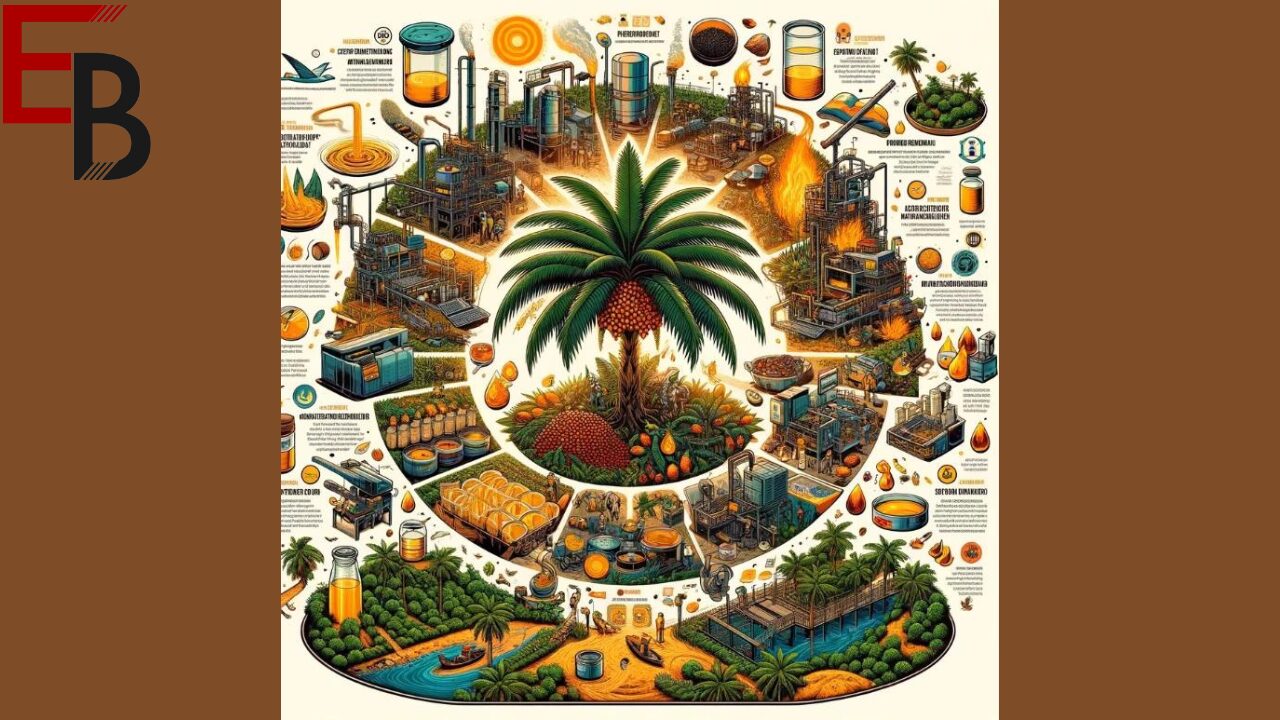Everything You Need to Know About Palm Oil

It is unveiling the Facts About Palm Oil: https://whatispalmoil.com/blog/everything-you-need-to-know-about-palm-oil/. Palm oil, with a history of over 5,000 years, is native to West Africa and has become the most widely used vegetable oil globally. As we explore facts about palm oil, it’s important to note its journey from ancient uses to its central role in modern industries. It was introduced to Southeast Asia in the 19th century, marking a significant turn in its production and global importance.
Leading Producers and Companies
Indonesia, Malaysia, Thailand, Colombia, and Nigeria are the top palm oil-producing countries. Companies like Wilmar International, IOI, Kuala Lumpur Kepong, Sime Darby Plantation, and Golden Agri-Resources (GAR) dominate the corporate landscape.
Oil Palm Plantations: A Source of Prosperity and Controversy
Oil palm plantations, prevalent in tropical regions, are exceptionally productive. However, they’ve been at the center of environmental debates. Recent developments, such as reducing forest loss in Malaysia and Indonesia, showcase efforts towards sustainable practices.
The Stigma Surrounding Palm Oil
Palm oil has faced criticism due to its links with deforestation, habitat destruction, and social issues. Despite these challenges, the industry is evolving, emphasizing sustainable and ethical production methods.
Palm Oil vs Other Vegetable Oils: A Comparative Study
When compared to other oils like soybean or sunflower, palm oil is far more efficient. It requires less land and yields more oil per hectare, making it a sustainable choice if managed responsibly.
Global Consumption Patterns
The primary users of palm oil include Indonesia, India, China, Malaysia, and Pakistan. Its applications span various sectors, such as food processing, cosmetics, biofuels, etc.
The Rise of Sustainable Palm Oil
Sustainable palm oil, promoted by organizations like RSPO, ISPO, and MSPO, aims to mitigate production’s environmental and social impacts. These initiatives have led to a noticeable decrease in deforestation rates and a commitment to more ethical practices.
Future Trends in Palm Oil Production
The growing demand for sustainable palm oil underscores a shift towards more environmentally conscious consumption. The RSPO’s goal of certifying all palm oil by 2020 is a testament to this change.
The Benefits of Palm Oil
Palm oil’s high yield and efficiency make it crucial for global food supply. It supports millions of smallholder farmers and, when produced sustainably, can be an environmentally sound choice.
Conclusion
Palm oil is a crucial global commodity with a multifaceted impact. Its future hinges on the balance of sustainability, economic viability, and social responsibility, guided by improved practices and stringent certification standards.
